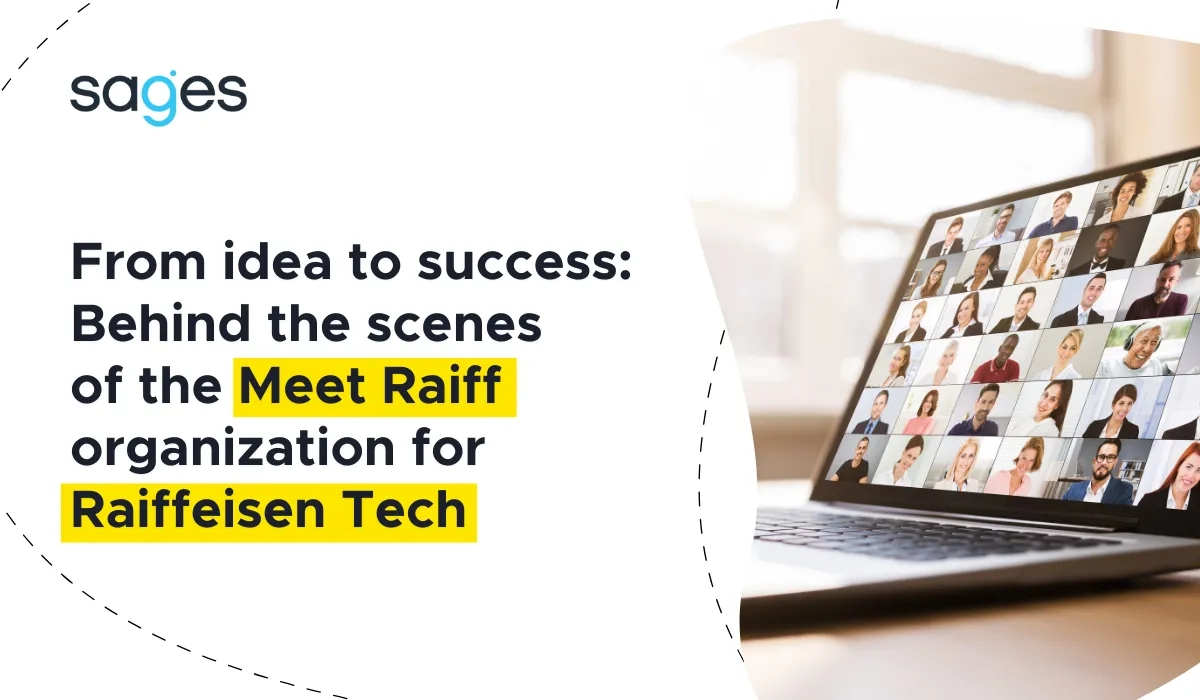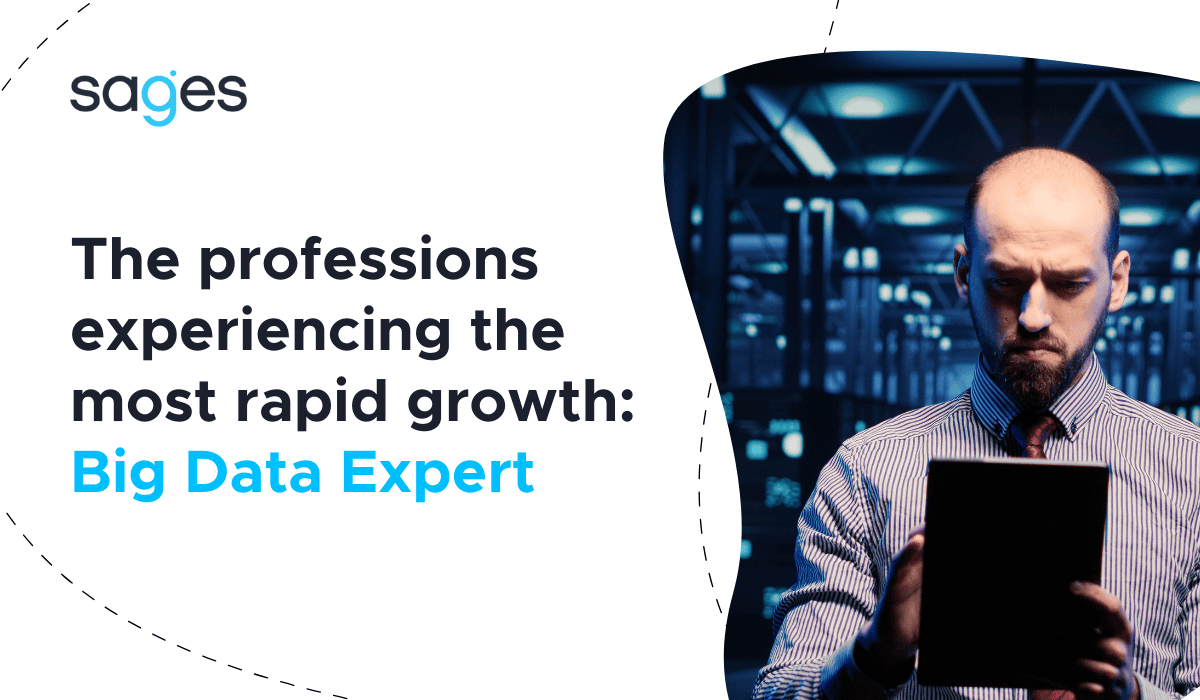Andrew slowly awoke from his sleep. The level of the stress hormone cortisol was rising in his blood. A jumble of thoughts of unsettled issues that would have to be dealt with today dragged in his head. The need to present new functionality to a client in two days, despite ongoing problems with the stability of the environment. A stuttering conflict with another team member... An argument with his wife from the previous evening - their relationship no longer looked as rosy and romantic as when they met eight years ago.
Andrew looked at his watch. It was 5:10 a.m. He felt he would not fall asleep again. He imagined the schedule for the coming day: several meetings, including one with a conflicted team member; on top of that, a further battle with environmental instability; and finally the need to work out an architecture for solving a problem that seems to have no good solution... And in the evening, a visit from his wife's sister with her family and the need to clean up the apartment by then. He should also take the time to learn a new framework, but he probably won't be able to do it anymore. He felt guilty about it - it's another day when he doesn't look into it. And after all, in IT if you don't develop, you fall behind.
The day hadn't even started yet, and Andrew was already feeling tired. It had been like this for several months, maybe six months. Normally, Andrew put a lot of effort into his daily work, his relationships with his wife, family, friends, his side projects, learning new technologies. Now, he felt he was no longer able to. He had to force himself harder and harder with each new effort. At times he became unpleasant to other people. He knew that in order to solve everyday conflicts, one must show empathy - try to put oneself in the other person's shoes, but he no longer had the strength to do so. Because of this, he became oppressive.
Even meetings with friends didn't help - among his acquaintances, many people, like him, were rapidly developing their careers. Therefore, their meetings sometimes turned into a festival of boasting. Normally this cheered him on to keep trying, but now he felt that he just didn't want to go on anymore.
On top of that, there was the stress - he often had trouble sleeping because thoughts related to daily challenges were swirling in his head. Unable to get rid of them, he looked at his phone: 32 new emails, nine messages on Slack. And that's only from the previous evening, because he usually checks everything on a regular basis.
This wasn't always the case.
Andrew has always had a passion for programming. In high school he wrote simple programs in C++ and Java. He also participated in the Olympiad in computer science. He graduated from the polytechnic and progressed rapidly. He learned new programming languages, frameworks, technologies, but also read a lot of books on personal development, efficiency, planning his life, shaping his habits.
He combined technical and interpersonal skills, so after several years of working in various companies (corporations and start-ups) he became a consultant - an IT specialist for hire. Sometimes he acted as a senior developer, sometimes as an architect, analyst or technical leader. He usually changed projects every few months, and sometimes traveled. He earned more and more, so he and his wife bought a spacious apartment overlooking the city center. Everything was developing brilliantly. Until now.
If you've made it all the way to this point, you probably find at least a partial resemblance to your own story in this tale. If you happen to feel like Andrew, professional burnout can reach you, too, whether you are an entrepreneur, professional or manager. Its typical symptoms include lingering fatigue, discouragement from work and tasks that until now have always given satisfaction, feeling stressed, and sleep problems.
How to deal with it? There is, of course, no single perfect solution, as every person is different and the underlying cause can also vary from case to case. Nevertheless, below I present tips and actions that can help you too.
Slow down career development
It is a characteristic of today's world that it supports permanent work in positions that exceed our qualifications. Have you ever heard or thought, "I've already learned everything about my current role, I won't grow more." Does that mean it's time to look for a new company/position? No, it means that you are only now fully effective! You no longer have to learn from your mistakes or take up the time of others, the organization no longer has to invest in your learning - you can now perform without the stress of uncertainty in your new position! Meanwhile, our socio-corporate environment encourages you to look for a new role at this very moment. In other words, we are in a permanent loop of learning new things, because we are constantly able to do less than our function requires of us. In moderation, this is not a bad thing - it keeps us from becoming stagnant and increases our earnings faster. But at the same time, when we get promoted too quickly and move into more demanding roles, we get caught in a loop of permanent stress.
Therefore, when you once again hear from a friend that "after six months he's learned everything, it's time for something new," it doesn't mean that you necessarily have to follow in his footsteps. If you feel stressed and tired of still knowing too little to work freely and effectively, put off your promotion plans for six months, maybe a year.
Review your commitments - are they all worthwhile?
Running a blog, a course in a new language, a side project, volunteer activities, additional commitments at work - sometimes we tackle such things out of momentum, because they once seemed valuable or fun. Today, on the other hand, they are a crutch - they are more of a drag than they bring the same values, but we pull them out of a sense of duty. They become an additional element in the daily schedule and another stress factor. Sometimes it's only a few hours a week or even a month - seemingly not much, but each such activity weighs down the mind - another challenge that sooner or later has to be dealt with.
A special case here may be activities performed at work. Perhaps we have been anointed to perform a certain action or process on a regular basis (checking something with every software release, report, documentation) that once had a cause, but that cause has already become obsolete. Perhaps it's a good idea to bring up the topic with your team or supervisor and determine if further action is still needed?
Choose a maximum of 3-4 key things to do each day
One of the causes of stress causing burnout is the overabundance of issues and problems that our brains have to register, process and solve. If we try to answer all the topics that fall into our "basket," it is easy to reach the limit of our mind's endurance. The Pareto Principle states that a smaller portion of the actions performed are responsible for most of the value generated. Instead of responding to all the topics that fall into a given day, try to select a few (3 - 4) that are actually valuable.
I highly recommend the following working model:
- Begin by reviewing the previous day's emails and marking those with which you need to do something.
- Update the list of current tasks, also taking into account the marked messages.
- Limit the list to a maximum of 3 - 4 big topics and possibly a few minor ones (requiring a maximum of 10-15 minutes). The rest should be moved to the next day, delegated or deleted.
Rest to develop
With mental skills it's like with muscles. In order to develop muscle mass, we need to perform intense exercises that lead to the tearing of muscle fibers, but then, while resting, these fibers rebuild themselves even stronger. Similarly, our brains need to have time to process new skills and information, to build new neural connections. That's why it's a good idea to focus on work and study intensely for part of the day, and then give yourself time to rest. It is only during such rest that real development occurs!
Break free from the world of constant notifications
Pop-up notifications have an addictive effect, because each one gives you a small shot of dopamine - they arouse curiosity and are therefore attractive. When they appear on your phone or in the corner of your computer screen, it's hard to stop yourself from looking at them. The problems with them are two. First, they distract from the task at hand and force the energy and intellectual expenditure associated with a change of context. Second, then, when they result in some new "matter" for us - a task, a problem to be solved - our mind registers them in its cache as another thing to be dealt with. And storing an excessive amount of issues in our mental "cache" increases stress levels.
Therefore, whenever possible, and as long as no one's life or company's fate depends on it, turn off notifications on your phone. Receive information when you expect it, not when others have something to deal with. Check email once-two times a day. Communicators (Slack, Skype, Teams, etc.) check once an hour - this is usually absolutely enough. After all, when someone has an absolutely critical, urgent matter, they just grab the phone and call.
Review your friends - do they all have a positive influence on you?
Whether we want it or not - those we surround ourselves with influence us. Even an innocent but regular conversation over a beer has an impact on our psyche - by hearing the stories of others, we draw patterns from them. Surrounding ourselves with friends with low ambitions, we feel less motivation to set high goals ourselves. Similarly, in the other direction - meeting friends who are reaching high we ourselves feel the need to do the same. This mechanism works whether we're talking about a corporate career, building our own business or simply making more money.
We can use this social-psychic property of our mind to our advantage or detriment. We can surround ourselves with people who advance quickly, striving to get ahead at the expense of their health, and whose relationships with loved ones are limited to bragging about their next projects, trips, raises and promotions. We can also look for friends who advance perhaps a little slower, but do what they really like, what they feel good about, while keeping time for rest, or simply work-life-balance.
Here an important point: people change in the course of life. We change and our acquaintances and friends change. Just because 10 years ago in college, we seemed to be fashioned from the same clay, doesn't mean that we still are. In other words - it's not worth holding on to old acquaintances by force, just because you once had something very much in common, if today they are a destructive influence on you.
Look for an increase in efficiency
Your goal should be to have as few things on your mind as possible at once. It's a truism, but worth repeating - you essentially have three options:
- Delegate - are you the right person to face all the problems? Perhaps something should be solved by your customer, supplier, supervisor, teammate?
- Optimize - as long as you are dealing with any repetitive activity, look for savings in it, cut it to the minimum necessary that actually brings value.
- Eliminate - not every topic needs to be solved right away, and some at all. Sometimes it's enough to wait until a given problem becomes obsolete.
In conclusion
Professional burnout in IT is not hard to come by. This industry is, in fact, hyper-competitive - every day there are technological and business innovations, and the product life cycle is shortened to several years. On the one hand, it is not difficult to get a job - the demand for specialists is huge. At the same time, these specialists are required to constantly educate themselves, learn new technologies, work under time pressure, respond to requirements that change over time. The best have to give a lot of themselves to stay ahead. Under such conditions, it's easy to get caught up in a spiral of overload, stress and exhaustion.
I hope the above tips will help you as they helped Andrew - the hero of our story. I point out that they will be helpful in mild cases of fatigue and burnout, dragging on for several weeks or months. If you see such symptoms in yourself for a much longer period of time, or observe their effect on your overall health, be sure to see a doctor.




